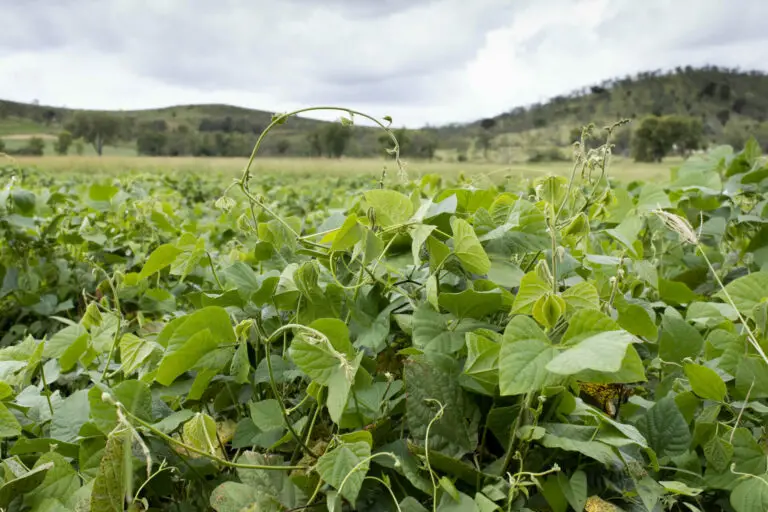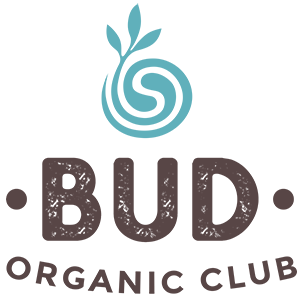With Earth Day rapidly approaching on 22 April, now is a great time to understand more about the impact that the food system, and in turn, your consumer choices have on our planet. Organic products can play an integral role within sustainable food systems, as we continue our journey to a greener future.
Climate change and drought – how can organic agriculture help?
The vast extremes we have been observing between floods and drought make it hard to deny that climate change is real; it’s happening right now, and our producers are bearing the brunt of this phenomenon. The agricultural industry has come under a lot of scrutiny about its contribution to greenhouse gas emissions (these are gases in the atmosphere that act like a blanket and trap heat, keeping the earth warm), but the industry has been working hard to minimise emissions.
Organic farms have been shown to produce up to 40% less carbon emissions than non-organic in multiple long-term trials. Rising temperatures caused by climate change are making already-dry regions drier and bringing about more extreme flooding. Organic farming mitigates the effects of global warming because of its ability to enhance carbon and water storage in soil.
Soil and climate change
Soil is the biggest natural mainland carbon sink on earth and extremely important both for food security and for climate mitigation. Techniques such as inter-cropping, cover cropping, pasture cropping and optimal livestock management (continuous pasture coverage) on the land can assist organic producers to increase soil health and fertility. This also has the benefit of carbon sequestration, which is taking carbon dioxide from the atmosphere and storing it back into the soil. These management techniques can also decrease the risk of run-off, evaporation leaching and erosion, all while increasing soil organic matter (aka black gold!). This makes it easier to deal with intervals of wet and dry seasons, a more resilient situation in a world impacted by climate change.
Healthy soil = healthy food
Pesticide spray drift and pollution
The non-organic plan to grow the produce we consume with toxic, residual chemicals such as pesticides was always fraught with risk. Pesticide spray drift can have extremely negative effects on non-target plants, water systems, human health, ecosystems and wildlife. Organic produce is grown without toxic, chemical pesticides or synthetic nitrogen. The synthetic fertilisers used in non-organic farming release nitrous oxide into the atmosphere; this gas is 265 times more potent than carbon dioxide in heating the atmosphere. Synthetic nitrogenous fertilisers are also more likely to contaminate rivers, lakes, and other natural environments with chemicals and pollutants. Healthy soil and plant coverage also reduce the risk of fertiliser or chemical leaching. This begs the question, why not design an agricultural system that doesn’t require these inputs in the first place?

What about biodiversity?
The increased biodiversity (a wide array of organisms and plants) found on organic farms creates a more functional agroecosystem. A minimum of 5% of the farmland from certified organic operations is devoted to biodiversity and nature areas assisting with resilience. Organic producers choose naturally diverse and symbiotic production systems rather than only monocultures requiring the same external nutrient inputs. Creating a biodiverse area on the farm, not a part of production, allows native flora and fauna to inhabit the farm with the inclusion of native predators and pollinators, which are vital in organics for cropping systems.
Whether you’re health-conscious, a foodie, an eco-warrior, or simply looking for a way to make a positive impact, choosing organic products is a practical decision that makes a big difference.
You vote with your mouth! Remember to look for the Bud logo on your organic products next time you go shopping!
Organic Environmental Benefits Glossary
Agroecosystems – A network of organisms and the physical environment with which they interact, specific to food production systems.
Cover cropping – Crops that are planted to cover and improve the soil, rather than for the purpose of being harvested.
Inter-cropping – The practice of growing two or more crops in close proximity.
Monocultures – A form of agriculture where only one type of crop is grown at one time on a specific field.
